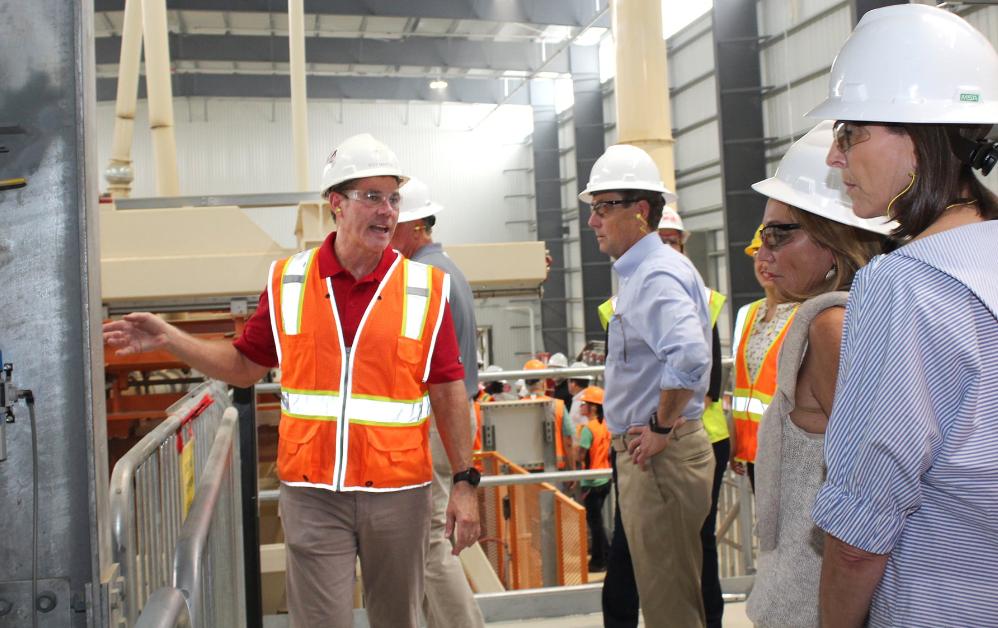In the realm of modern safety practices, the integration of Genba Meaning and MSA Manufacturing stands out as a pivotal evolution. Genba, a term rooted in Japanese management philosophies, emphasizes the importance of the actual place where value is created. When this principle is applied to Manufacturing, a sector known for its stringent adherence to quality and safety measures, the results are profound. These methodologies, synergistically paired, have redefined safety protocols, ensuring that practices are not only theoretically sound but also meticulously applied in real-world scenarios. This transformative approach has elevated the standards of safety measures, ensuring that they are more pragmatic, effective, and intertwined with the very fabric of manufacturing processes.
Roles of MSA Manufacturing in Modern Safety Practices
-
Enhancing Risk Assessment and Management
- Benefits:
- Identifies potential hazards proactively before they cause harm.
- Integrates continuous feedback from Genba Meaning to adjust safety measures in real time.
- Improves decision-making processes by relying on data-driven insights from actual conditions on the manufacturing floor.
- Benefits:
-
Standardization of Safety Protocols
- Benefits:
- Ensures consistent implementation of safety measures across all levels of production.
- Facilitates easier training and compliance due to standardized procedures.
- Reduces variability in safety performance, enhancing overall safety outcomes.
- Benefits:
-
Development and Implementation of Cutting-Edge Technology
- Benefits:
- Utilizes advanced technologies to monitor and enhance worker safety.
- Allows for the automation of potentially hazardous processes, reducing human error and exposure.
- Leverages real-time data collection (inspired by Genba Meaning practices) to optimize safety responses.
- Benefits:
-
Promotion of Safety Culture
- Benefits:
- Cultivates a workplace environment that prioritizes safety above all else.
- Encourages active participation from all employees in safety dialogues and practices.
- Builds a foundation of trust and accountability within the workplace by putting safety at the forefront of operational priorities.
- Benefits:
Each role, grounded in the principles of Genba Meaning, ensures that MSA Manufacturing not only meets but often exceeds the stringent demands of modern safety practices. These roles collectively foster an environment where safety is seamlessly integrated into every facet of operations.
Conclusion
In conclusion, the amalgamation of Genba Meaning and MSA Manufacturing significantly elevates safety standards within modern industries. This integration goes beyond conventional safety measures, embedding risk management and safety protocols directly into the operational processes. Through standardization, technological advancements, and the promotion of a safety-centric culture, these practices not only ensure compliance but also champion the well-being of the workforce. By harnessing the power of real-time insights and prioritizing the human element in manufacturing processes, a new benchmark for safety excellence is set, showcasing a path forward where efficiency and safety coexist harmoniously.
